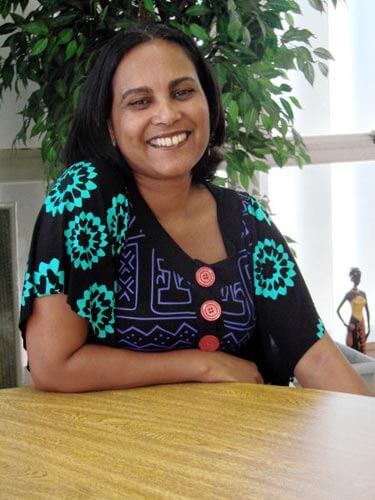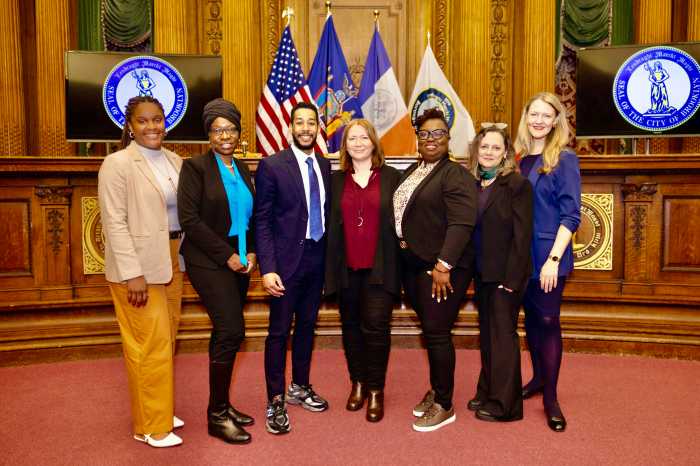RIO DE JANEIRO, Mar 20 2013 (IPS) – Providing school meals for 45 million children is a remarkable achievement for Brazil. But the programme faces specific difficulties, as well as the generic problems plaguing any national plan in this vast country of more than 192 million people.
Brazil’s National School Feeding Programme (PNAE) has evolved from the strictly welfare-oriented approach it had when it was created 58 years ago, into a multi-purpose development strategy with educational goals and a focus on stimulating local economies. IPS sat down with its coordinator, Albaneide Peixinho, to discuss its accomplishments and challenges.
Q: The PNAE has existed since 1955. How has it progressed since then?
A: Nowadays it is based on several principles, like the human right to adequate nutrition and the aim of ensuring food and nutritional security by means of free and universal provision for all children and adolescents enrolled in the public education system.
And also on equity and the constitutional right to school meals as a way of guaranteeing equal access to food.
The PNAE is part of the federal government’s Zero Hunger strategy, which encompasses 30 programmes designed to fight the causes of hunger and contribute to eradicating extreme poverty.
The government’s social vision was a key factor in the dramatic fall in poverty in this country, and it was reflected in the PNAE, which since 2003 saw its funding increased by 300 percent and its services expanded to middle-school students.
At the same time, the requirement that the programme must purchase produce from local family farms gives it an important role in reducing social inequality.
Q: What has it achieved?
A: The PNAE was created simply as assistance to some schoolchildren. Now it reaches 45 million students in basic education for the 200 days of the school year. Over the years it has accumulated experience and has taken on an ever wider scope, promoting improvement in educational indicators, economic and social development and social participation in health care, by teaching good eating habits.
The 1988 constitution guaranteed the right (to free school meals) of all pupils enrolled in primary schools. As of 1994, the programme which previously was centralised, with a governing body that drew up menus, bought food and distributed it throughout the country, was converted into a locally managed programme governed by means of agreements.
Since 1998 it has been further improved, for example by insisting on respect for the eating habits and the farming preferences of each locality, and the creation of school nutrition councils as oversight bodies, with representatives of parents, students, teachers, the community and the executive and legislative branches.



























